The boring tech that we can't live without
Give those plugs a hug
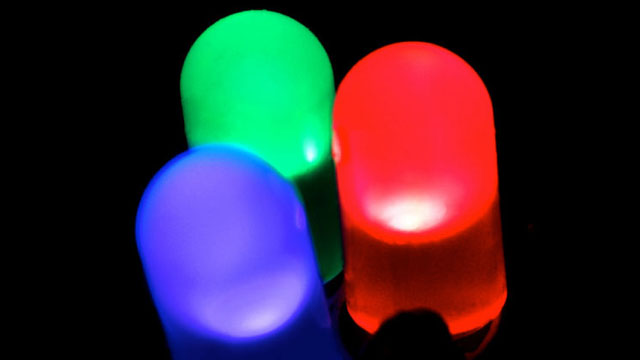
Some technologies are more glamorous than others. If tech were a party, everybody would be trying to talk to the processors and screens, while lesser chips and components hung out in the kitchen. We think it's time to redress the balance, to celebrate the humble heroes that keep our tech ticking. Let's give some plugs a hug.
1. USB
One of the first experiments in quantum science, two-sided USB adapters remain the wrong way round the first three times you try them - but without them we'd still be screwing enormous add-on cards into our computers and wrestling with endless proprietary connectors.
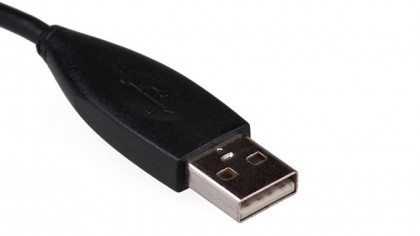
The standard was developed in the 1990s to replace the spaghetti junction of cables behind every PC, and with 2000's USB 2.0 it did just that. Mini- and micro-variants power our smartphones, tiny tablets and endless add-ons, while USB 3.1 promises 10 gigabit transfer speeds.
2. USB sticks
It's a simple equation - USB connector plus flash storage equals USB stick - but Amir Ban, Dov Moran and Oron Ogdan's invention transformed storage and provided a handy prop for Hollywood hackers too. The first USB stick was capable of a massive 8MB of storage. It's easy to mock, but that was massive compared to the 1.44MB you'd get on a floppy disk.
3. Headphone jack
It's fitting that every smartphone has a headphone jack, because the phone connector - to give it its proper name - was originally made for telephone switchboards.
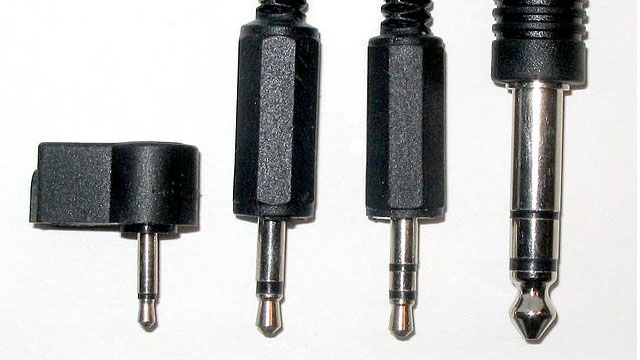
The originals were developed in the late 1800s, and while miniaturised versions were made for transistor radios it wasn't until Sony used the 3.5mm "mini jack" in its 1979 Walkman that the little jack became the most common kind of audio connector.
4. Ethernet
We're all familiar with the IEEE 802.11 standards for WiFi, but you might not know about IEEE 802.3. That was ethernet, which replaced various competing networking technologies to become the default for computers and consoles alike. Like many of the best things in tech, it was developed at Xerox PARC in the early seventies.
Get daily insight, inspiration and deals in your inbox
Sign up for breaking news, reviews, opinion, top tech deals, and more.
5. LED
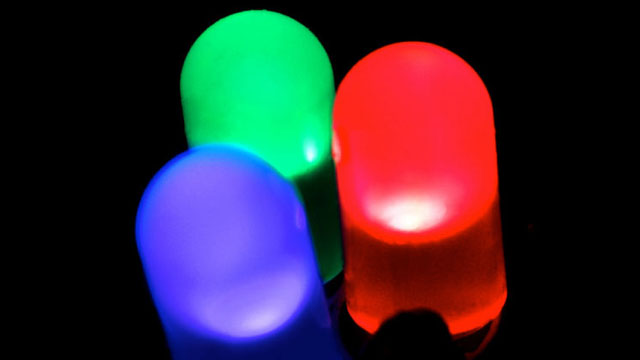
Today they light our flat-screens, our houses and the road in front of our cars, but when LEDs first turned up in the early sixties you could have them in just one colour: red.
6. Wireless radios
Wireless communications have changed the world: in the 1980s GSM (Global System for Mobile Communications) brought data to cellphones, and in the 1990s Wi-Fi and Bluetooth enabled our devices and accessories to talk to one another.
Since then wireless tech has got faster, smaller and more energy efficient. Rather brilliantly, Bluetooth gets its name from a tenth-century Danish king, Harald Bluetooth, and the logo is a rune based on his initials.
7. QWERTY keyboards
The idea that QWERTY was developed to slow down typists is an urban myth: newspaper editor Christopher Latham Sholes came up with it in the late 1800s to prevent "type writer" jams, thereby speeding up typists. It's famously one of the most successful open standards ever created.
8. IEC 60320
You probably know this one as the kettle lead, which of course can reproduce asexually if you leave it in a cupboard for long enough. It comes in multiple flavours - C7 and C8 for home entertainment kit, C13 and C14 for computers - and the standard is overseen by the International Electrotechnical Commission, which would have been a good name for a mid-90s ambient rave band.
9. SPDIF
SPDIF is one of the greatest acronyms ever invented - saying "spuh-dif" a few times is a well known cure for melancholy and other ills - but its full name is the rather dull Sony/Philips Digital Interface Format.
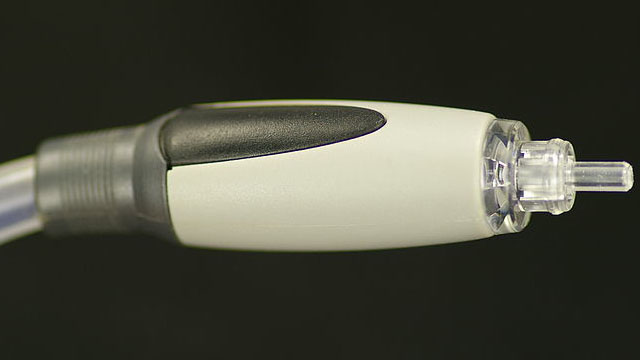
It was designed to carry uncompressed audio between home entertainment devices. If you go for optical SPDIF you get a bonus acronym: TOSLINK, which is short for Toshiba Link.
Writer, broadcaster, musician and kitchen gadget obsessive Carrie Marshall has been writing about tech since 1998, contributing sage advice and odd opinions to all kinds of magazines and websites as well as writing more than a dozen books. Her memoir, Carrie Kills A Man, is on sale now and her next book, about pop music, is out in 2025. She is the singer in Glaswegian rock band Unquiet Mind.
